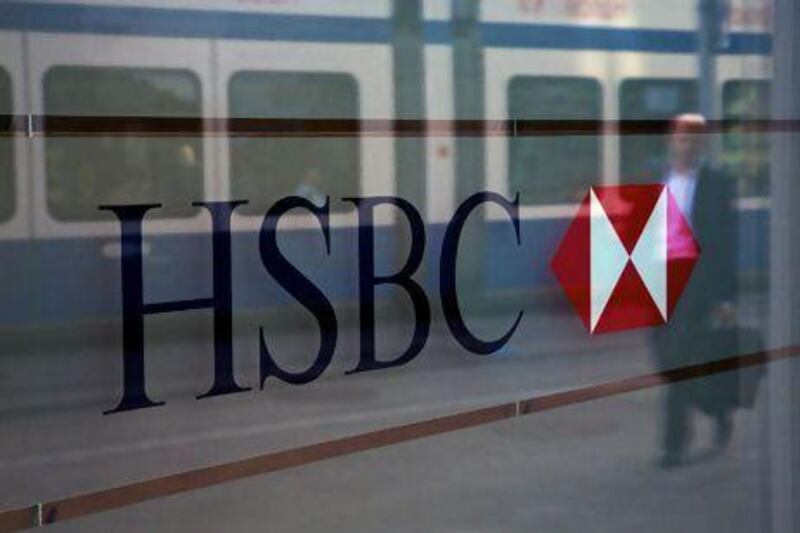Egypt is attracting a wide pool of investors, including the software billionaire Bill Gates and Qatar National Bank, all seeking to grab a slice of a market that the global banking giant HSBC anticipates will pull through recent challenges.
Despite short-term hurdles including a weakening currency and political turmoil, Egypt still presents many opportunities for investors, said Simon Cooper, the bank's chief executive for the Middle East and North Africa.
"If you're putting your cards down, you'd certainly put your money on Egypt coming through this relatively quickly," he said.
"Long-term, I'm still bullish on Egypt and I think many of our clients remain very bullish on Egypt." The positive outlook for the still restive North African democracy comes as one of the biggest deals since the overthrow of Hosni Mubarak.
Orascom Construction Industries announced a US$2 billion (Dh7.34bn) share exchange last week that will result in its London-listed global depositary receipts (GDRs) being transferred to a new unit to be listed on NYSE Euronext Amsterdam.
The deal is expected to reap big rewards for the Sawiris family, the company's founders, alongside Abraaj Capital, a Dubai-based private equity firm which is the company's second-largest shareholder.
Orascom "has obtained commitments in excess of $2bn from participating investors, including $1bn from US investors comprising Cascade Investment, an entity wholly owned by Bill Gates, Southeastern Asset Management and Davis Selected Advisers, to provide the funding required," the company said.
The deal is expected to conclude within four weeks, Bloomberg News reported yesterday, citing the company's head of investor relations.
Deals in Egypt have come thick and fast during the past few months, despite a palpable sense of investor unease as the country's foreign reserves shrink to less than three months' worth of imports.
In the past few weeks a new finance minister and central bank governor have been appointed amid a growing sense of investor anxiety over the country's public finances and a $4.8bn deal with the IMF that seems unlikely to materialise.
Egypt has been propped up during the past few weeks with cash injections from Qatar, while the European Union has offered $6.5bn.
"There are some short-term hurdles that need to be overcome," said Mr Cooper, speaking on the sidelines of the Abu Dhabi Golf Championship. "In any period of transition you expect a few bumps on the road."
HSBC has opened new branches in Egypt, which it views as one of its most important markets in the region. "Egypt continues to have very strong economic fundamentals," he added.
Deals have come thick and fast in Egypt during the past month as the country's central bank attempted a managed devaluation of the Egyptian pound.
The pound fell to 6.60280 per US dollar yesterday, representing a 4.1 per cent depreciation in the value of the Egyptian currency since the start of this year and a 13.5 per cent decline compared with the value when the country's revolution began in 2011.
The sharp depreciation of Egypt's currency is driving investment from around the region as Arabian Gulf states seek to take advantage of the pound's weakness.
Qatar National Bank last month announced a $2.5bn deal to acquire National Société Générale Bank, the Egyptian unit of France's second-biggest lender.
It was soon followed by Emirates NBD, which has agreed to acquire the Egyptian retail banking operations of rival French lender BNP Paribas.





